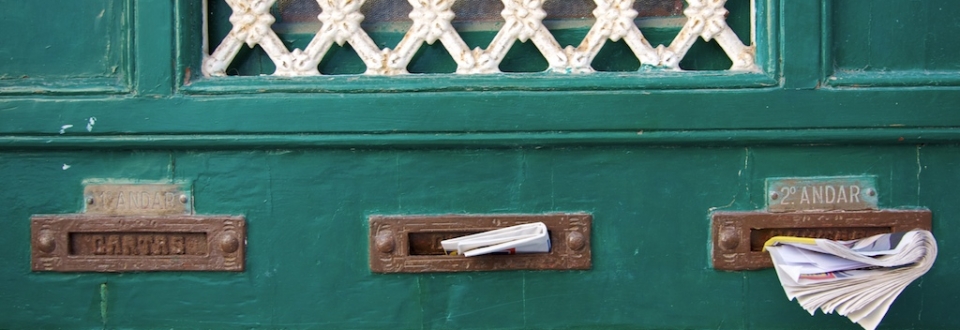
IETM on the road 2019
IETM on the road 2019
12
Maio 2019
I have thought what might have been IETM’s impact, what changes it might have brought and I think I have more questions than answers.
I will share with you my thoughts on what I believe was the impact on me and some of the people working in this sector. And I will also share my questioning.
In what concerns me personally, as a citizen and an artist, IETM brought me a new sense of justice. It made me see that I must have a different kind of ethics in my work and in my life in general. It generated a huge change in me.
The EITM has brought me a new sense of justice, which must guide my work and my life. It generated a huge change in me: I became more determined to create conditions of access to my work for everyone and to fight for change in the cultural sector and access for all.
In my professional environment, IETM helped create a greater union among people who fight for access to culture. The organisations that work with me have shown more interest and willingness to think things differently and think about access.
Unfortunately, most cultural organisations in Portugal are not yet available to embrace the change and to consider the rights of audience and artists with disabilities. This did not and could not have changed just with IETM. Nevertheless, I see more initiatives happening in Lisbon, more organisations seem to take an interest. The path is still very long.
Having said this, and considering the significant lack of access in IETM Porto (both in terms of the conference venues, as well as the hotel chosen for me, despite my warnings) I would like to ask:
What have the organisers learnt? How have their learning affected their work and everyday decisions? A year later, what do they think they would have done differently? Are they actually doing something differently?
I have also got some questions for the sector in general:
Are they prepared to make art accessible to all, artists and public? Should art be considered only for an elite with a normalised body? Why would that be an option? Does a programmer who chooses a totally inaccessible space, and presents almost the entire festival there, have no responsibility for discriminating? Why are inaccessible cultural venues authorised to open to the public, totally disregarding the law? This makes me feel that nothing much has changed. How many of the artists present here implement measures of inclusion in their organisation, in their work? How many programmers and directors try to overcome the barriers that promote the exclusion of some?
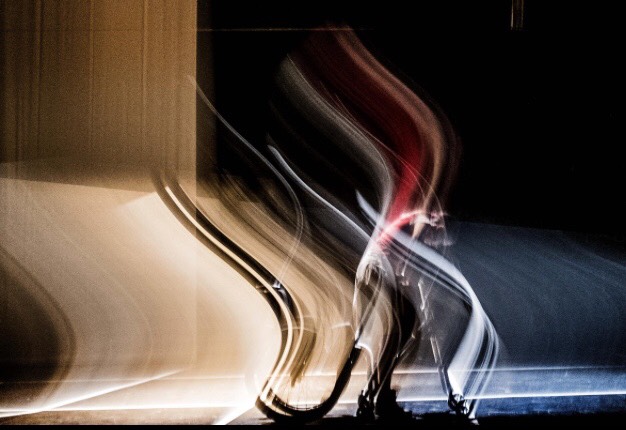
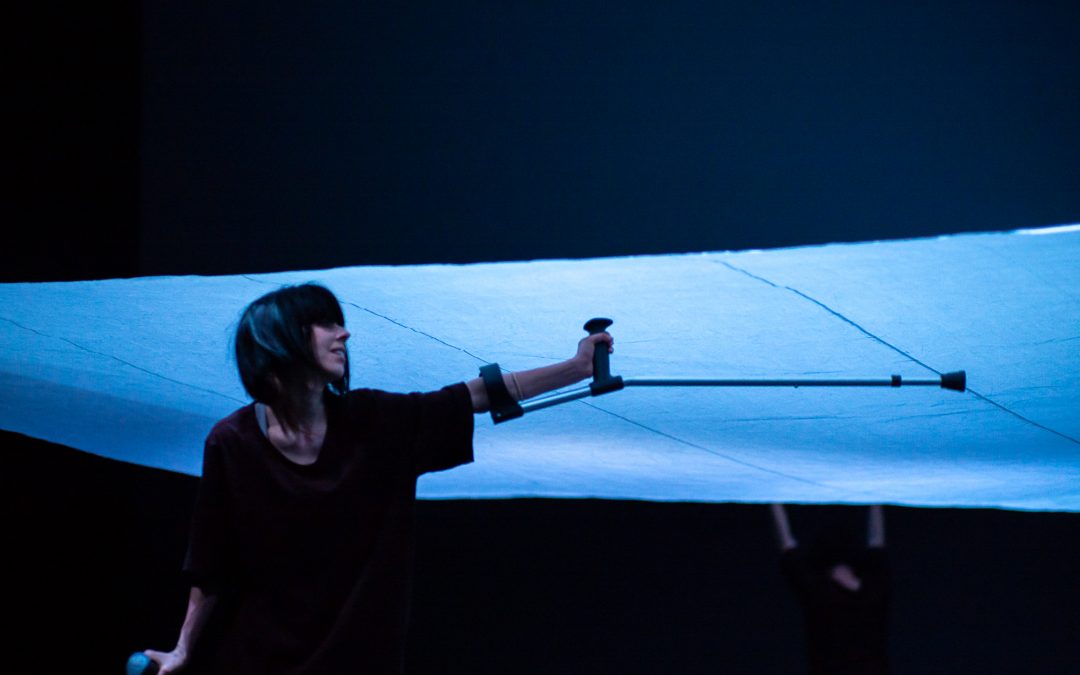

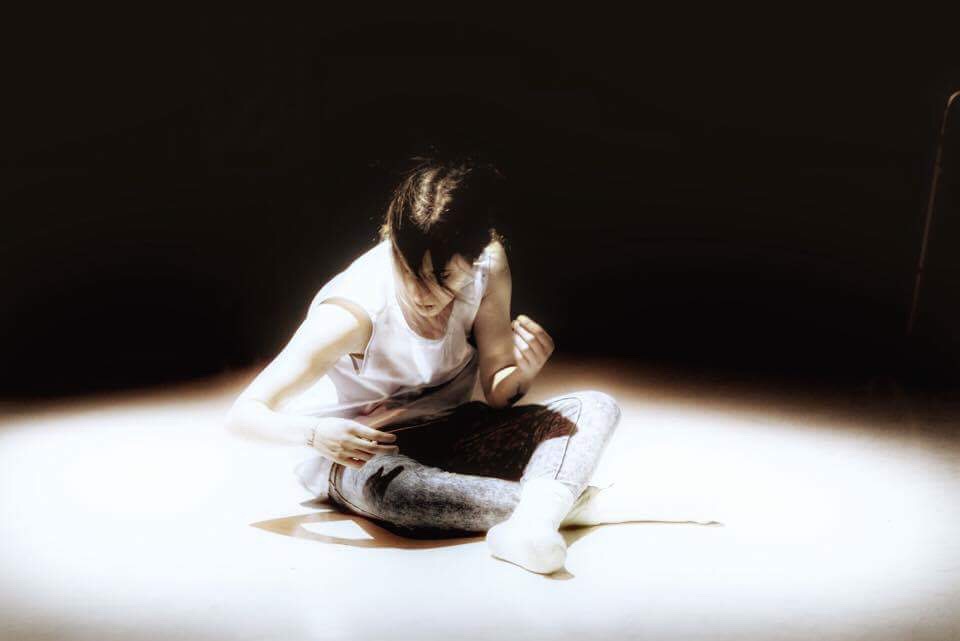

Recent Comments